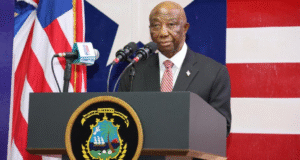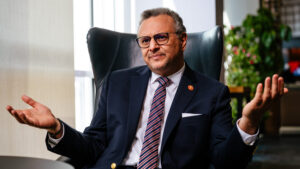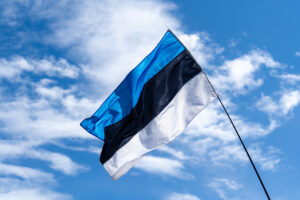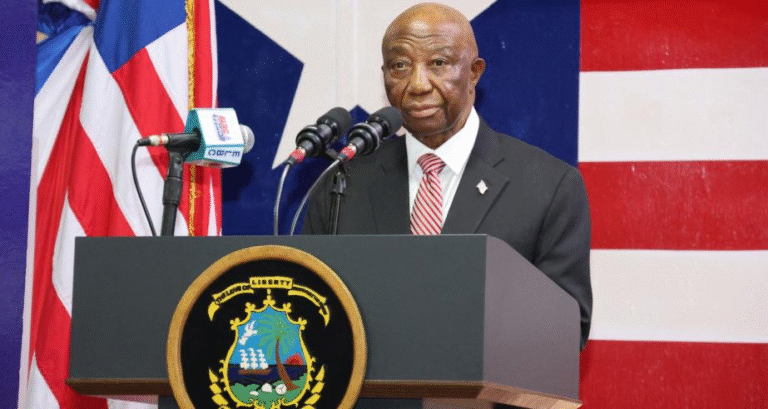Hailed by many as “The People’s President,” Traoré, a 37-year-old military officer, has rekindled a fervent sense of national pride and pan-Africanist aspiration, drawing striking parallels to the revered revolutionary, Thomas Sankara. His rise to power, marked by a commitment to economic sovereignty and a bold defiance of traditional Western influence, is challenging long-held notions of democracy and proposing an alternative path for African nations.
Traoré’s ascendancy in September 2022 came on the heels of mounting frustration with the previous leadership’s inability to address the pervasive security and economic issues that had destabilized Burkina Faso since 2015. His justification for the coup centered on this failure, resonating with a populace increasingly weary of insecurity and perceived foreign interference. Since then, his administration has embarked on a transformative One of the most significant shifts under Traoré’s leadership is the aggressive pursuit of control over Burkina Faso’s natural resources.
This includes the nationalization of two gold mines and the establishment of a national refinery with a projected annual processing capacity of 150 tons, aimed at stopping the export of unrefined gold to Europe. This bold move, alongside the clearance of Burkina Faso’s $4.7 billion external debt, signals a decisive break from foreign dependency and a commitment to ensuring that the nation’s wealth benefits its own people. Furthermore, his government has focused on boosting agriculture, leading to record cereal production in 2024, and has prioritized local labor in infrastructure projects, resulting in thousands of kilometers of new highways. Healthcare has also seen improvements, with modern equipment and affordable medical care.
The echoes of Thomas Sankara, “the Father of the Burkinabè Revolution,” are undeniable in Traoré’s approach. Both leaders ascended to power as young military captains, rejected ostentatious lifestyles in favor of modesty, implemented resource nationalization policies, promoted economic self-sufficiency, and emphasized cultural autonomy and national identity. Traoré has even adopted a similar sartorial style – military fatigues, a holstered pistol, and a red beret – a deliberate cultivation of a persona that resonates deeply with those who idolize Sankara. This deliberate mirroring, coupled with his strong pan-Africanist rhetoric, has led many to see him as a reincarnation of Sankara,
determined to finish what the late leader started.
This “Traoré effect” is not merely confined to Burkina Faso; it is reverberating across the continent, prompting a critical re-evaluation of Western democracy and its efficacy in African contexts. For decades, many African nations have maintained
close ties with Western powers, often former colonial rulers, with the promise of development and security. However, persistent insecurity, economic dependence, and perceived interference have led to widespread disillusionment. Polls indicate a growing acceptance of military rule in Burkina Faso, a substantial increase from previous years, reflecting a shift in public attitudes.
Traoré’s outspoken critiques of Western influence, his expulsion of French troops and media, and his pivot towards non-Western partnerships, particularly with Russia, have positioned him as an anti-colonial icon. He has urged African leaders
to “stop behaving like puppets” and has been instrumental in forming the Alliance of Sahel States, a regional confederation aimed at bolstering self-determination. This rejection of traditional Western paradigms and his emphasis on African selfreliance offer an alternative model of governance that resonates with a generation
of Africans frustrated by the perceived failures of Western-imposed democratic
frameworks.

